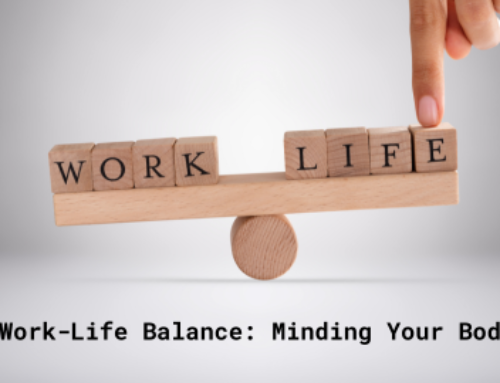Drawing a Blank
Sometimes it’s just hard to do things, period. It happens to all of us. We know what we need to do, but getting a solid start seems impossible. For some it’s not just procrastination, tiredness, or a lack of self-discipline. Some of the most brilliant, hardworking people in the world suffer from a seemingly insurmountable lack of get-up-and-go sometimes.
Executive dysfunction can be an irritating thing you deal with now and then, or it can be a life-disrupting problem. Executive dysfunction can also be symptom of something else, such as:
- Attention-deficit hyperactivity disorder (ADHD).
- A traumatic brain injury.
- Alzheimer’s disease.
- Learning disabilities.
- A depressive disorder.
The Anatomy of Motivation
Executive function is governed mostly by the frontal lobe of the brain. The frontal lobe is a place of organization, where information is gathered and sorted for use. The frontal lobe is also where we regulate our reactions to our environment.
When that doesn’t go right, we can experience executive dysfunction, signs of which are:
- Losing things all the time, even familiar objects. Children might displace school papers, or an adult might misplace their keys or phone.
- Trouble changing one’s expectations or plans.
- Trouble keeping track of a narrative, like telling a story and always going off on tangents.
- Difficulty focusing on one task at a time.
- Trouble planning out a long-term plan of action to achieve goals.
- Trouble regulating and processing emotions.
Getting Moving
Executive dysfunction can be associated with many other disorders and dysfunctions, so it is very important to get a solid diagnosis. Fortunately, executive dysfunction can be improved by taking proactive action and adopting habits to streamline the sufferer’s life.
- These can be made for a single task, a day, a week, or whatever is needed.
- Calendars, in any form that suits.
- Checking in, with someone such as a teacher, therapist, app, or reliable friend.
- Talking with a doctor or therapist. There may be physical changes to be made, comorbidities to be discovered, or medications to take.
- Developing dedicated spaces, objects, and times. The keys go in the bowl on the shelf, no exceptions. Homework always goes in the red folder. Reading glasses go in the top drawer, every time.
Help Yourself Like You Would a Friend
If executive dysfunction keeps interrupting your life, know that you’re not stupid, lazy, or a failure. You might just need extra help in some areas, like we all do. Reach out for help and work with professionals to discover what kind of help works best for you. You are valuable and you deserve the help to excel. Always begin by consulting your physician, who can refer you to other professionals.





